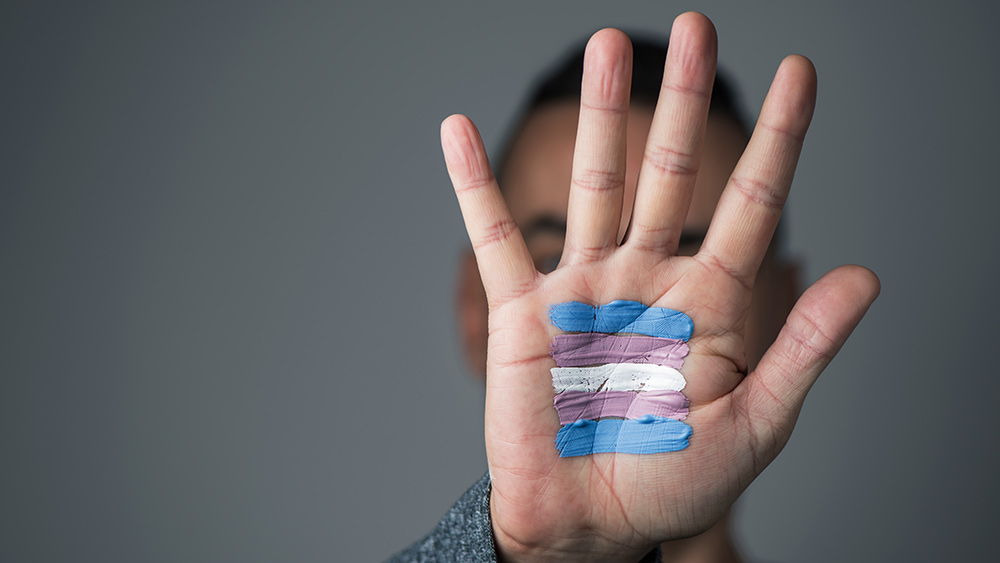 Parler
Parler Gab
Gab
- A Save the Children report reveals 20 percent of surveyed 18- to 21-year-olds had AI-generated nude images shared without consent before age 18, with 97 percent experiencing some form of online sexual abuse.
- AI tools create hyper-realistic fake nudes using innocuous social media photos, leaving victims powerless as manipulated content spreads. Unlike revenge porn, deepfakes require no real compromising material.
- Nearly half of youth see no risk in sharing intimate images, often seeking validation. Girls face higher risks – 36 percent reported unwanted sexual contact online vs. 26 percent of boys.
- Spain lacks laws targeting AI-generated abuse, leaving minors vulnerable to blackmail and trauma. Save the Children urges stricter penalties, age verification and digital literacy programs.
- The report warns that without proactive measures, AI-driven exploitation will escalate, demanding swift legislative and educational reforms to protect minors.
Legal gaps and the failure of digital safeguards
Like much of Europe, Spain lacks comprehensive laws addressing AI-generated exploitation. While traditional child pornography is criminalized, deepfake abuse exists in a legal gray area. Save the Children warns that current protections are woefully inadequate, leaving minors exposed to blackmail, harassment and psychological trauma. The organization is urging lawmakers to:- Strengthen penalties for AI-generated sexual abuse material.
- Mandate stricter age verification on social platforms.
- Implement digital literacy programs in schools to teach minors about online risks.
More related stories:
Unholy deception: AI robots clone voices of bishops to SCAM convents in Spain. Deep state using "deepfakes" to attack people in the media. Educators sound alarm over students' use of AI-generated content as a new form of bullying. Sources include: InfoWars.com SaveTheChildren.net Euronews.com Brighteon.comTulsi Gabbard alleges Obama, Clinton committed treason in bombshell DNI report
By Finn Heartley // Share
Trump’s global stablecoin push could extend dollar dominance for a decade, warns economist
By Finn Heartley // Share
United Kingdom mulls ban on using crypto for POLITICAL DONATIONS
By Ramon Tomey // Share
Health Ranger Report: Seth Holehouse on the AI arms race and navigating the future
By Kevin Hughes // Share
Governments continue to obscure COVID-19 vaccine data amid rising concerns over excess deaths
By patricklewis // Share
Tech giant Microsoft backs EXTINCTION with its support of carbon capture programs
By ramontomeydw // Share
Germany to resume arms exports to Israel despite repeated ceasefire violations
By isabelle // Share










